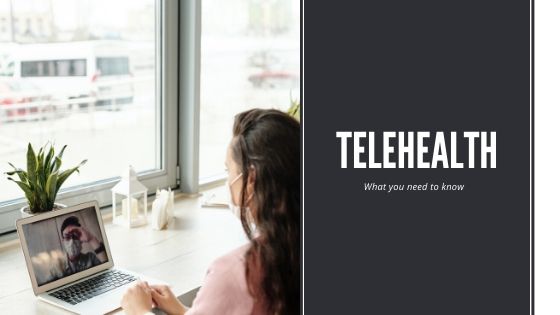TeleHealth 2020 General Guidelines

In response to the COVID-19 pandemic, the government released a temporary MBS code to allow practices to bulk bill telehealth consultations. As a result, many doctors and patients are now familiar with video-conferencing tools. Although there are a number of video-conferencing products out there, it is important to remember that working in the health industry means privacy needs to be taken into account. In this article, we will outline and explain the requirements when providing telehealth services.
Data needs to remain in Australia
RACGP requires that data is stored in Australia. When is data is stored in another country, it becomes subject to the laws of that country. While Australian laws around privacy are stringent, there are a number of countries where they are not. The data when stored elsewhere can be used/subpoenaed. Hence, maintaining privacy becomes an issue.
Video consultations are encrypted end to end
End to end encryption is a method of secure communication. It prevents third parties from viewing, altering the information when transferred from point to point. With end to end encryption, the data is encrypted on the sender’s system and only decrypted using a key available only to the recipient’s system.
No recording video consults
You wouldn’t record your in-room consultations, your video consultation should NOT be recorded or stored on any servers. If the recording is viewed/seen by another party, it is a huge breach of privacy. Remember that nothing is free, a company that provides services for free will need to make money somehow. It is usually to do this through data collection or mining.
Easy to use
Your patients and doctors will all have different skill levels, it is important to make the system as easy to use as possible. There should be no downloads required and it should be compatible with all the devices and browsers.
Reporting
In order to bulk bill telehealth, you need to be able to provide proof that you:
i) provided a service;
ii) how long the service was for.
The provider of your video consultation should be able to provide this information, without recording and/storing the consultation.
Limit information provided to Patient
You do not want the patient to directly contact your Doctors. When speaking to the patient, the doctor’s contact information should not be made available to patients (i.e. mobile number, Provider ID (eg facetime ID, Skype ID), email address, etc). If the patient wants to contact the doctor again, they will need to make the booking through the proper channels.
We understand the importance of privacy and security and therefore, VirtualDoc365 (our telehealth solution) meets all the above requirements. All your patient/ healthcare practitioner will need:
1. Computer or smart device with a camera
2. Headset that is compatible with the above
3. A secured room with minimised background noise during the consult
4. Good lighting in the room so that faces are clearly visible
5. Put other devices on silent (say a mobile phone that is NOT used for the consult so there are fewer interruptions).
Have a quality telehealth platform
It is important to have a video conferencing tool that is easy to use, reliable, and is secure. VirtualDoc365 has all of the above. Our video calls are fully encrypted, there are no downloads required to use the software and the system works. To learn more about it, check out https://www.virtualdoc365.com.au
Would you like to share your thoughts?
Your email address will not be published. Required fields are marked *